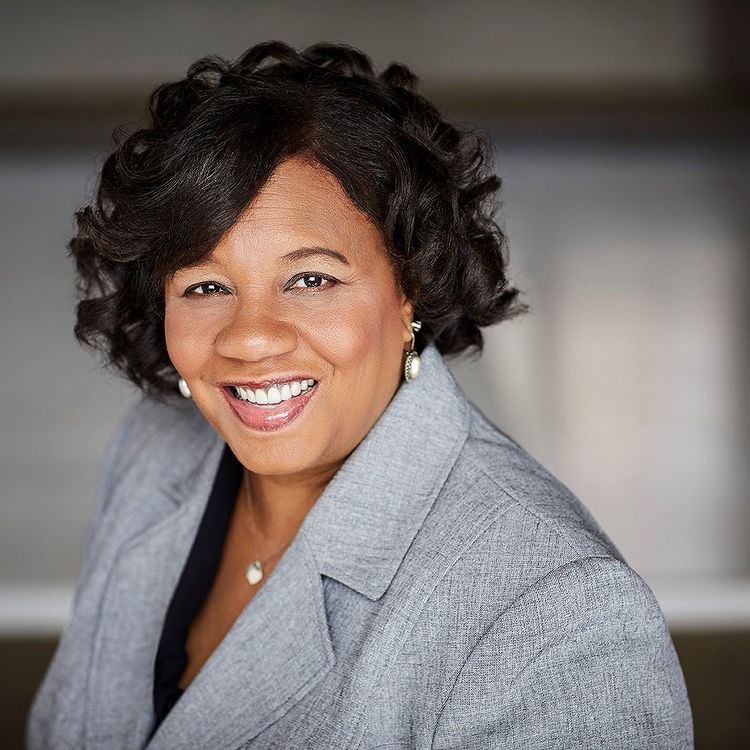
As of April 13, 2022, Ariane Kirkpatrick became “the first female and Black, majority owner of a vertically integrated cannabis company in Ohio.” A company that is vertically integrated means, they control all of the stages “of the production path – growing, dispensing, and processing.”
Despite being granted a license in 2017, Kirkpatrick had a difficult road before she was able to open up her dispensary four years later, the first out of three. At first, “’the first lawsuits came, the first challenges. Who is she? Why did she receive a facility? Why is she in this business. What qualifications does she have?’…Just two weeks after opening, vandals struck by spray-painting the words ‘sell-out’ and the N-word on the outside of her N[orth] High Street location.”
But that didn’t stop Kirkpatrick, and as she’s said, “I’m happy to be a Black woman in this industry and I’m happy to have a diverse, very diverse workforce. She added, “[h]aving a diverse team is a priority of mine with just over 50% of our 75 employees being women and people of color. Our plan is to shape the future of the cannabis industry as we advocate for equity, inclusion, and social justice, especially for those that are overrepresented in the penal system for marijuana offenses and underrepresented in careers in cannabis.”
Each of her three marijuana dispensaries, Harvest of Beavercreek, Harvest of Columbus, and Harvest of Athens “sells a variety of cannabis flower, vaporizers, concentrates, edibles, tinctures, topicals and accessories…Also in 2021, Harvest of OH opened Harvest Grows, a state-of-the-art greenhouse facility located in Ironton, Ohio.”
Notwithstanding Kirkpatrick’s success, diversity and inclusion has long been a problem in the medical marijuana business. According to a Pew Trusts article, “Black-owned pot businesses remain rare despite diversity efforts.” Last year, a local news affiliate reported that, “[a]ccording to Ohio’s Board of Pharmacy, just eight the state’s 58 dispensaries are minority owned.”
Originally, Ohio required “15% of all dispensary licenses…[to] go to minorities” when the state first legalized medical marijuana; however, “in 2019, the Madison County Court of Common Pleas struck down that quota saying there was no proof of discrimination or prejudice in the cannabis industry.”
This prompted lawmakers to call on the state to conduct “a disparity study to uncover what…colleagues call an obvious systemic issue…Lawmakers explained that the fees, the need to find capital, and overall education keeps many minorities away from owning dispensaries.”